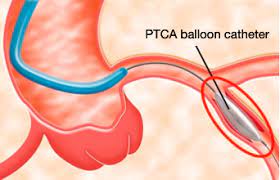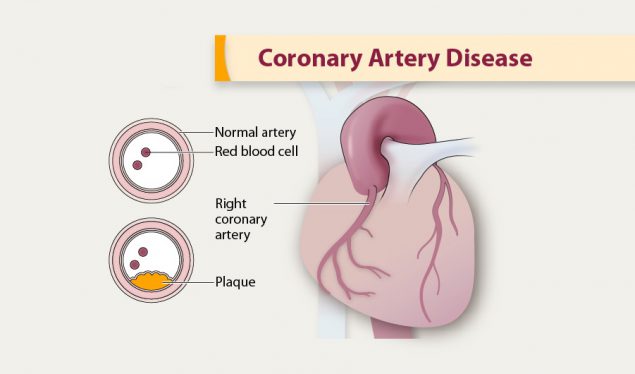best PTCA doctor in delhi ncr
A minimally invasive treatment called PTCA, or percutaneous transluminal coronary angioplasty, is used to treat patients with coronary artery disease. (CAD). Despite its widely used, still there are many myths and misconceptions for this procedure. In this article, we will explore some of the common myths and facts of PTCA, with insights from Dr. Naresh Kumar Goyal, the best cardiologist doctor in North Delhi and a leading expert in the field of cardiology.

Myth: PTCA is a high-risk procedure with many complications.
Fact: While every medical procedure carries some level of risk, PTCA is a relatively safe procedure with a low risk of complications. According to Dr. Naresh Kumar Goyal, the best PTCA specialist in Fortis Hospital Shalimar Bagh, the overall complication rate for PTCA is less than 5%, with most complications being minor and easily treated. In fact, PTCA is considered safer than open-heart surgery, which is a more invasive procedure with a higher risk of complications.
Myth: PTCA is a cure for heart disease.
Fact: PTCA is not a cure for heart disease, but rather a treatment option for patients with coronary artery disease. According to Dr. Naresh Kumar Goyal, the best heart specialist in North Delhi, PTCA can help to relieve symptoms such as chest pain and shortness of breath, but it does not address the underlying causes of heart disease. Patients who undergo PTCA will still need to make lifestyle changes, such as quitting smoking, eating a healthy diet, and exercising regularly, to manage their condition and prevent further damage to their heart.
Myth: PTCA is only for older patients with severe heart disease.
Fact: PTCA is a treatment option for patients with coronary artery disease at any age, including younger patients with mild to moderate disease. According to Dr. Naresh Kumar Goyal, the best heart failure doctor in Delhi NCR, the decision to perform PTCA depends on many factors, including the severity and location of the blockage, the patient’s overall health, and their individual risk factors. In some cases, PTCA may be the best option for younger patients with less severe disease, especially if they have symptoms that affect their quality of life.
Myth: PTCA is a quick fix that requires no follow-up care.
Fact: While PTCA can provide immediate relief of symptoms, it is not a quick fix that requires no follow-up care. According to Dr. Naresh Kumar Goyal, the best PTCA specialist in Fortis Hospital Shalimar Bagh, patients who undergo PTCA will need to make lifestyle changes to manage their condition and prevent further damage to their heart. They will also need to take medications, such as blood thinners and cholesterol-lowering drugs, to prevent blood clots and reduce their risk of future heart attacks. Regular follow-up appointments with their cardiologist are essential to monitor their progress and adjust their treatment plan as needed.
Dr. Naresh Kumar Goyal, the best PTCA doctor in North Delhi, and the best cardiologist specialist in Fortis Hospital Shalimar Bagh, emphasizes the importance of understanding the facts about PTCA before undergoing the procedure. As a leading heart specialist in North Delhi, he encourages patients to ask questions and discuss any concerns they may have about the procedure. With the right information and guidance, PTCA can be a life-saving treatment option for those with heart disease.
- Dr Naresh Kumar Goyal– Director & HOD – Interventional Cardiology and Heart Failure is a renowned and expert cardiologist. Dr Goyal is spearheading the heart failure management services (offering both preventive & therapeutic modalities) for patient at risk and also expert in Heart transplant & LVAD procedure for Heart Failure patients, giving life to nearly end heart life. Please visit for more information – http://drnareshkumargoyal.in/


